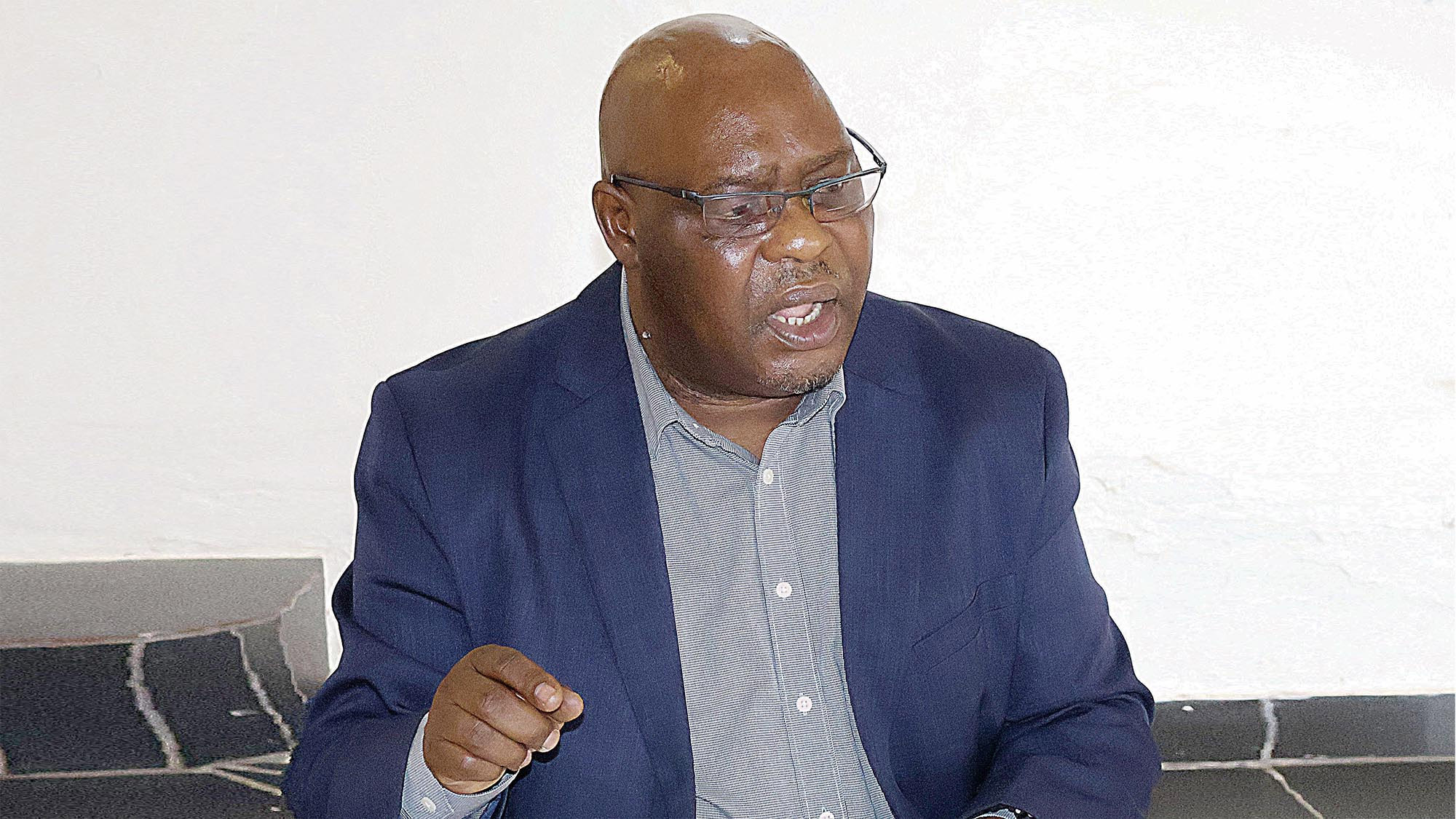
When a government spokesperson, the very voice meant to explain and dignify the actions of the State, is caught on tape deriding the head of government, it is more than a personal embarrassment.
It is a violation of public trust and a wake-up call to every person who holds power in Eswatini’s public life. Words have consequences, protocol matters and the hierarchy of governance is not an optional nicety, but the framework that keeps a nation’s institutions stable.
In recent days, Government Spokesperson Alpheous Nxumalo acknowledged that viral audio recordings contain highly derogatory remarks directed at Prime Minister Russell Mmiso Dlamini and has issued a public apology.
The apology - offered in a press briefing and described as heartfelt - was framed as an act of contrition to Their Majesties, the prime minister and the nation, and Nxumalo said he intended to follow custom by personally seeking forgiveness.
That apology, sincere or not, does not erase the damage. The recordings have prompted a broad public backlash, with commentators and citizens alike questioning his professionalism and fitness to represent government. In societies where the head of state and those appointed under him are accorded particular esteem, an official who speaks in such terms about a superior does more than offend an individual, they erode the dignity of the offices they represent.
It is important to be candid about how these situations play out.
The structures of governance, whether constitutional, customary or hybrid, depend on mutual respect and predictable conduct. A spokesperson’s role is to inform, to defend policy, to clarify controversy; it is not a private pulpit for settling grudges. When private frustration mutates into public insult, it immediately invites questions about loyalty, discretion and judgment. Even a genuine apology cannot always undo the loss of credibility. That is partly why those in positions of authority are expected to behave with restraint: they embody the state’s standards even when off duty.
There is also a practical element: optics matter. Reports indicate the prime minister was out of the country when the apology was delivered and that a private meeting has been delayed pending his return; in short, the matter has not been neatly closed in the public domain. Whether the prime minister will accept the apology, publicly or privately, remains uncertain.
This limbo amplifies the lesson: Missteps by senior communicators do not simply end at contrition, they linger and force institutions to manage reputational risk.
To contextualise the stakes, consider the international example of the British royal household’s recent actions regarding Prince Andrew. In response to longstanding controversies and public outcry, the Crown moved to remove his royal style, titles and many honours - a legal and symbolic stripping that demonstrates how even the most privileged can be formally disentangled from institutional honour when they fall foul of expectations and norms.
The palace’s decision, made public in late October and formalised in early November, shows how institutions act to preserve integrity and public confidence. That example is instructive for Eswatini not because our systems are identical, but because the underlying logic is the same: Institutions survive by protecting the dignity of their offices.
When an officeholder behaves in a way that undermines that dignity, the institution faces a choice, to tolerate and thereby weaken its standards, or to act and reassert them. The consequences for careers and reputations can be swift and irrevocable.
So what should political figures and public servants take from this episode? First, cultivate discipline: the casual contempt of private conversation can become public evidence of unsuitability for public office. Second, recognise your role as custodian: you are not merely a private person with a job; you are a visible representative of the state, whose conduct shapes public trust.
Third, respect hierarchy not as deference to individuals, but as respect for the offices that structure governance and for the people who rely on those offices to function with legitimacy.
Apologies, when genuine, have their place. Tradition and propriety suggest that seeking forgiveness from those you have offended, especially where customary protocols are concerned is the right first step. However, apologies are not an automatic reset button.
They must be accompanied by accountability, humility and demonstrable behavioural change. Otherwise, they risk being perceived as PR gestures rather than acts of moral repair.
In the end, public life demands a thicker skin than private life, but also a stronger sense of duty. Words spoken in anger or frustration can echo long after the moment has passed.
Those who occupy positions of influence in Eswatini would do well to remember that respect for authority and for the institutions that sustain the nation is not simply about obedience; it is about preserving the trust that allows government to govern. When that trust is eroded, titles and offices at home and abroad can, and often do, exact a price.
For comments please email khulileb.thwala@gmail.com

In recent days, Government Spokesperson Alpheous Nxumalo acknowledged that viral audio recordings contain highly derogatory remarks directed at Prime Minister Russell Mmiso Dlamini and has issued a public apology.